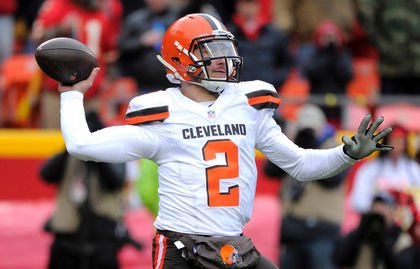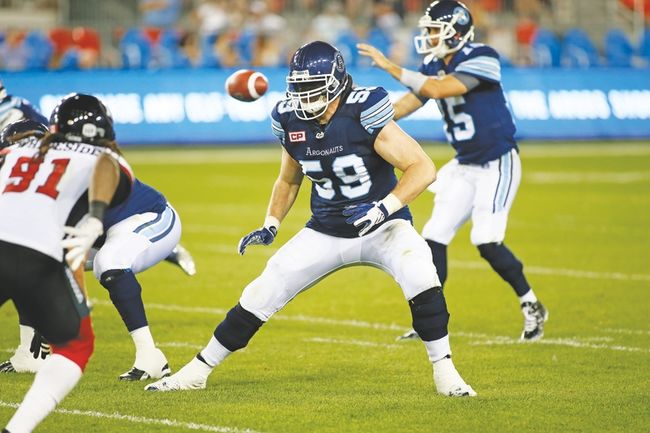Steve Simmons: It’s Easy to Forget Swimming Sensation Oleksiak is Still ‘a Kid’

RIO DE JANEIRO — Through a television screen from thousands of kilometres away, Marnie McBean had a quick observation on Penny Oleksiak: “She reminds me of Cindy Klassen.”
“It goes to show there are different ways of being a champion,” said McBean, who won three gold medals in rowing among her four medals for Canada at the Olympic Games. “You don’t have to be big, bold and full of bravado. You can be who you are. It’s impossible for me not to compare her to Cindy. It’s like, introverts of the world stand up.
“Cindy wanted to win. That’s all she wanted to do. She didn’t want to do the interviews. She didn’t want to do the other stuff. She didn’t care about being famous. She wasn’t comfortable with all that.
“And it’s different today, even from then (2006, when Klassen won five medals at the Turin Olympics). You can’t compare what awaits Penny to anyone before her. You can’t compare it because of the way social media works and the kids do things today. Penny’s of the Snapchat-Instagram generation. She’d probably laugh at the fact we’re talking on Skype.
“The more I watch her on TV, the more you realize she’s a kid. You can’t forget that, she’s a kid. Watching her being interviewed by Ron MacLean was hilarious. Ron didn’t know how to talk to a 16-year-old girl and she didn’t know how to talk to this old guy who doesn’t know much about swimming. But what I picked up is, she’s incredibly intelligent and maybe she doesn’t know that yet. She’s blossoming as an athlete before our very eyes.”
The four medals won by Oleksiak in the first six days of the Olympics is like nothing Canadians have seen before in any Summer Games. She won bronze, then silver, then bronze again, and then surprising gold on Thursday night. She will swim for a fifth medal Saturday night in another relay. Klassen, the speed skater, is the only Canadian to have won as many as five medals in any Games.
And from her vantage point, Catriona LeMay Doan, winner of two Olympic gold medals herself, sees a difference between Oleksiak and Klassen.
“Penny’s 16. This is all new to her and maybe it’s an advantage because she’s 16 and had no expectations,” said LeMay Doan. “Cindy had won a medal in Salt Lake before she won all those medals in Turin. She had a glimpse of the podium. Then she wanted it. She went for it. She was driven to achieve.
“You wonder how will Penny’s life change now, well maybe the best thing going for her is her age. She’s 16. I think that’s an advantage. She has school. She has training. She has her friends. She has her family. And she won’t necessarily be overwhelmed with sponsors.”
That is the great myth of Canadian sport and business: That gold medal winners get rich. On occasion they do. Most don’t. They don’t necessarily cash in on their Olympic wins, although the price of gold is considered to be a $25,000 payout from the government in this case.
“You know when you get rich? If you’re in Holland and you’re a speed skater, you get rich. Other than that, I don’t know. In a lot of countries, it doesn’t work that way. In the U.S. you’re overshadowed by basketball, baseball, football and hockey being last.
“I don’t see this girl changing. I don’t see her getting affected by this. I’m guessing from seeing her family, I don’t think she’ll change. They seem quite grounded but what she’ll discover is how people will treat you differently, just because you won gold.”
McBean agrees there is no pot of gold at the end of an Olympic rainbow.
“She’s not going to make a gazillion dollars,” said McBean. “There is no company out there that has a post Olympic budget. The money’s been spent. They’ve bet on certain athletes. There will be some initial interest in her but it won’t be life-changing money.”
“Canadian athletes don’t do this for the money,” said LeMay Doan. “We don’t do this to get rich. We do it because we love our sport, we love our country. I was at an event the other night and I took
a gold medal with me. Someone said ‘This is all scratched. Why do you let people touch them?’ And I said I didn’t win this for myself. You might do it for yourself but the best part is sharing it with everybody afterwards.”
And what’s important now — both McBean and LeMay Doan agree — are Oleksiak’s friends. You have to know who your friends are in these days of social media. You don’t want anyone posting the wrong thing about you.
“Her friends need to take care of her,” said McBean. “Remember that Michael Phelps post, the picture of him smoking the bong, I think his friends let him down when that got posted. I’m not saying anything like that is going to happen. But you need a close circle of friends looking out for you.
“And they have to keep calling her Penny. Not Penny Oleksiak. I noticed the difference when people introduced me as Marnie as opposed to Marnie McBean. When people heard the whole name, they treat you differently. It changed the conversation. I had to be that sporting person.
“You don’t always want to be on display. You want to be yourself.”
“You grow up, you change,” said LeMay Doan. “Marnie and I are home without kids, cheering on Canadians, cooking supper, doing the regular things. We’ve lived through it. The other day, I was walking in Calgary and I saw this policewoman, and I looked closer and it was Cindy Klassen. She looked great in her uniform. And I felt so proud of her.”








